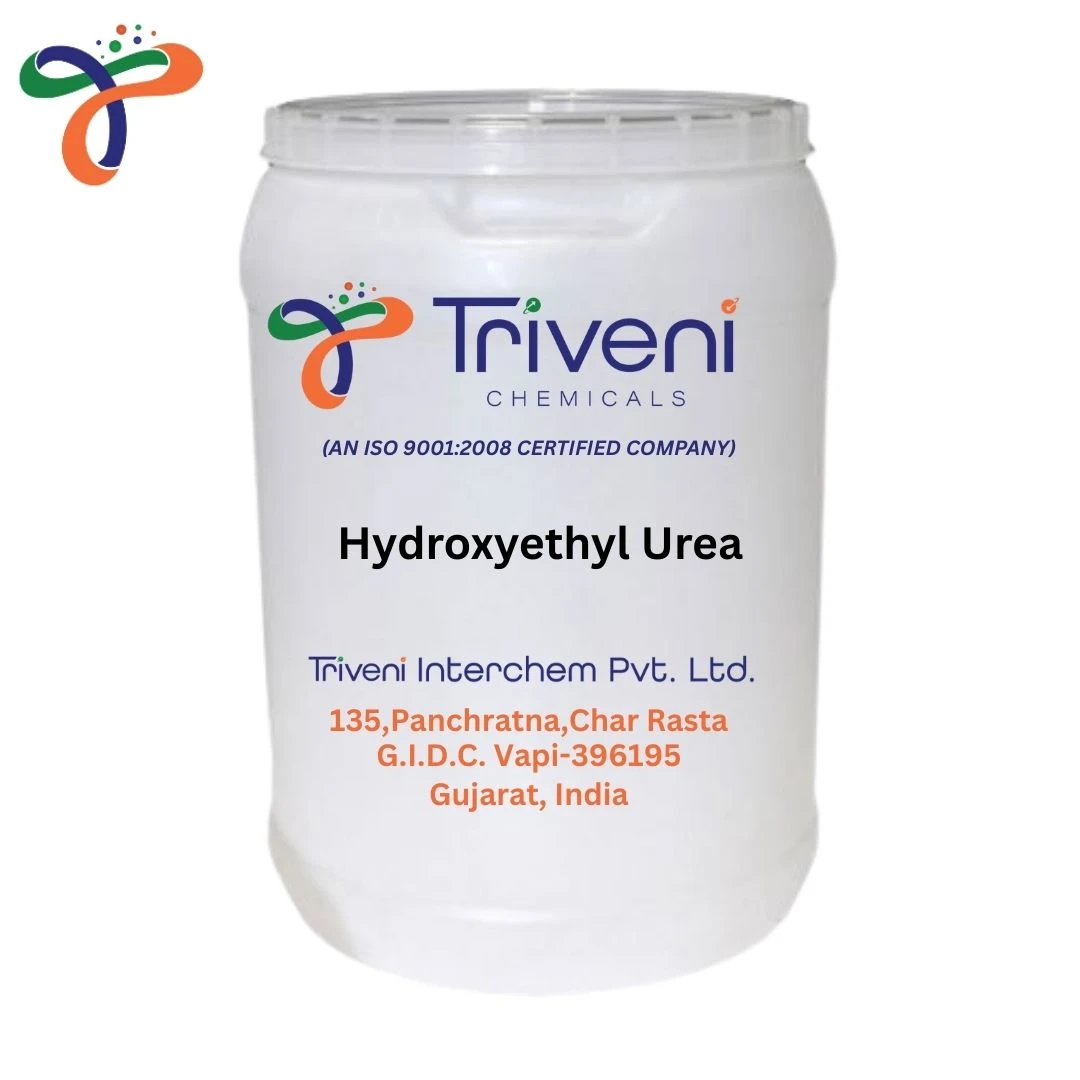Skin elasticity, which determines how firm, supple, and youthful the skin appears, is an important component of skin health and attractiveness. It describes the skin's capacity to stretch and, when released, revert to its initial shape and location. Skin elasticity is influenced by a number of variables, including age, lifestyle..
Skin elasticity, which determines how firm, supple, and youthful the skin appears, is an important component of skin health and attractiveness. It describes the skin's capacity to stretch and, when released, revert to its initial shape and location. Skin elasticity is influenced by a number of variables, including age, lifestyle decisions, genetics, and the environment.Collagen and elastin fibers are the primary skin constituents that control elasticity. Elastin permits the skin to stretch and retract, whereas collagen gives the skin structural support. Skin elasticity declines as we age because fewer of these proteins are produced. This decrease may cause wrinkles, fine lines, and drooping, giving the skin a less youthful and firm appearance. Smoking, pollution, and exposure to the sun can all hasten the deterioration of collagen and elastin fibers. For example, UV radiation from the sun damages collagen strands and helps create free radicals that break down elastin. Smoking lowers blood flow to the skin, depriving it of nutrients and oxygen that are essential for elasticity maintenance.It takes a combination of skincare routines and preventative measures to maintain healthy skin elasticity. Since well-hydrated skin has a tendency to be more elastic, getting enough water is crucial. Enhancing elasticity can be achieved by using moisturizers and lotions that include hyaluronic acid, a chemical that draws moisture to the skin. Frequent exercise encourages good circulation, which supplies oxygen and nutrients to skin cells and helps the synthesis of collagen. A well-balanced diet high in minerals, vitamins (particularly C), and antioxidants promotes the production of collagen and guards against oxidative stress.Over time, skin elasticity can also be enhanced by including skincare products that contain ingredients like retinoids and peptides, which promote the formation of collagen. These products function by stimulating the creation of new collagen fibers and raising cell turnover.The elasticity and general texture of the skin can be enhanced by non-invasive procedures like laser therapy and microcurrent facials, which increase the production of collagen and elastin. These procedures are frequently combined with a customized skincare routine for each patient's unique skin type. In conclusion, skin elasticity is impacted by both internal and external influences and is essential for preserving a youthful appearance. Preserving and improving skin elasticity need a combination of measures, including shielding the skin from injury, promoting collagen formation through lifestyle choices and skincare products, and utilizing expert treatments when necessary. People who are aware of these issues can take steps to keep their skin firmer and more robust as they age.
Reduced Skin Elasticity can make the skin more prone to damage and micro-tears, increasing the risk of a Skin Infection by allowing bacteria and other harmful microorganisms to penetrate more easily.


